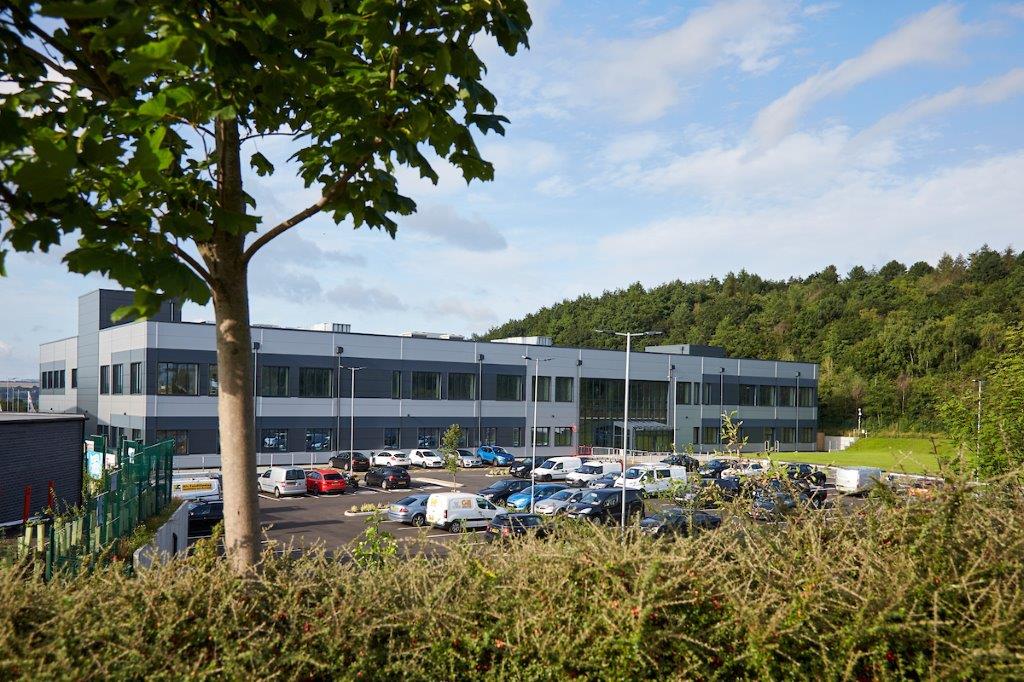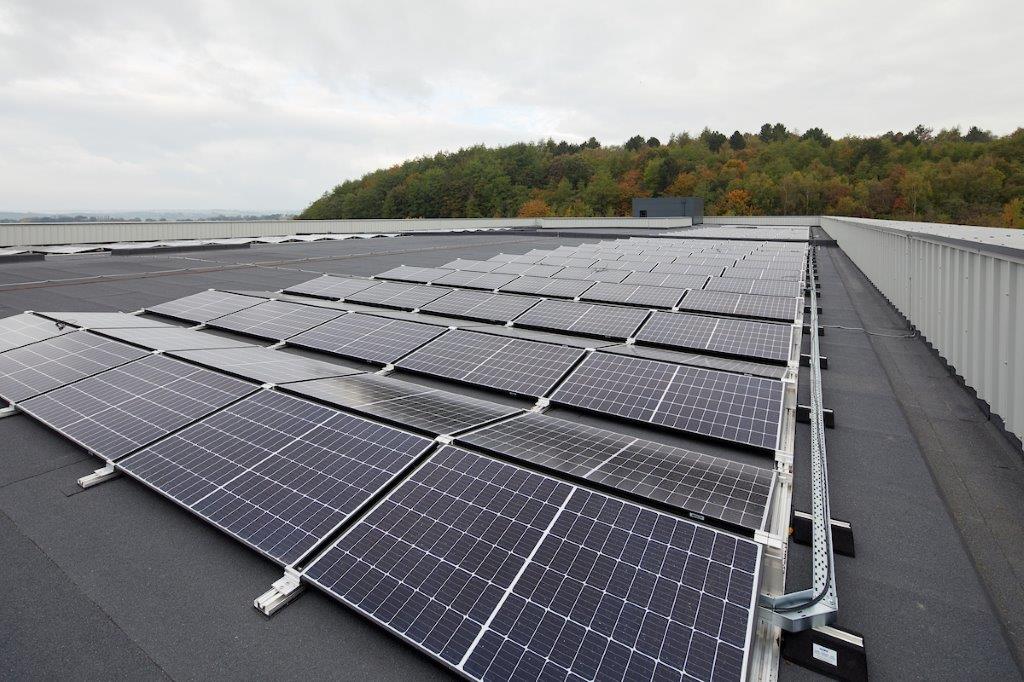Reducing our impact on the planet
How we are reducing our impact on the environment
Shrinking polar ice caps, fires in the Amazon, plastic in the ocean and extreme weather events have all been the subject of newspaper headlines with growing frequency over the last few years.
But the big question is: what can we do to help?

At NHS Blood and Transplant, we share the view expressed by many donors that, in the pursuit of saving and improving lives, it is still vitally important to look to reduce the environmental impact of our activities.
To coordinate our efforts, we identified some key targets and introduced the 2015-2025 Sustainability Strategy. Now, as we near its halfway point, and though we have made some great strides towards becoming truly environmentally sustainable, there’s still a lot of work to be done.

Our targets for 2025 included a 50 per cent cut in carbon emissions, sending no non-clinical waste to landfill and building a sustainable supply chain for the products we need to save lives.
So far, we’ve reduced our carbon emissions by 25 per cent through measures like the installation of lighting controls and LEDs, as well as the continual modernising of inefficient equipment, including air conditioners and refrigerators.
Our new site in Barnsley will allow us to move from two dated, inefficient buildings into one that’s purpose-built. The new site has been designed to reduce our impact on the environment through more modern features that will improve environmental aspects such as energy consumption, water use, health and wellbeing, waste management and land use – to name a few.
It has also been designed with electrical vehicle charge points and a solar photovoltaic system that provides self-generated electricity, reducing reliance on grid power. A similar system, capable of delivering 30 per cent of the site’s peak demand, has also been installed on the roof of Manchester Blood Centre.
Installation of electric vehicle charge points at other sites is underway, too, helping us to keep up with modern trends for more sustainable travel options.
We will also be keeping blood donors and staff members better informed about what happens to waste from donation sessions. As an organisation, we have diverted around 95 per cent of waste from landfill through our waste contractor and are actively working to procure more sustainable items and improve our behaviours that contribute to unnecessary waste production.
You can of course help us to save lives in a greener way by bringing a reusable cup or travel mug to sessions, taking waste you've brought with you home to recycle, and following correct waste segregation with the items on session. If you haven’t already, you can also let us know your email address so we send your session invitations digitally, reducing printing and postage.
If you are considering eating less meat for environmental reasons, you can learn about which foods can help to boost your iron levels here.
We believe there are many more ways in which we can become more sustainable and have taken steps towards making more energy savings and segregating waste correctly. Caring is in our nature, and where we must negatively impact on the environment, we do so in the most limited ways possible.
Do you have any tips or suggestions for reducing the environmental impact of donation sessions? Share yours with us by emailing thedonor@nhsbt.nhs.uk, including your name and donor ID.

